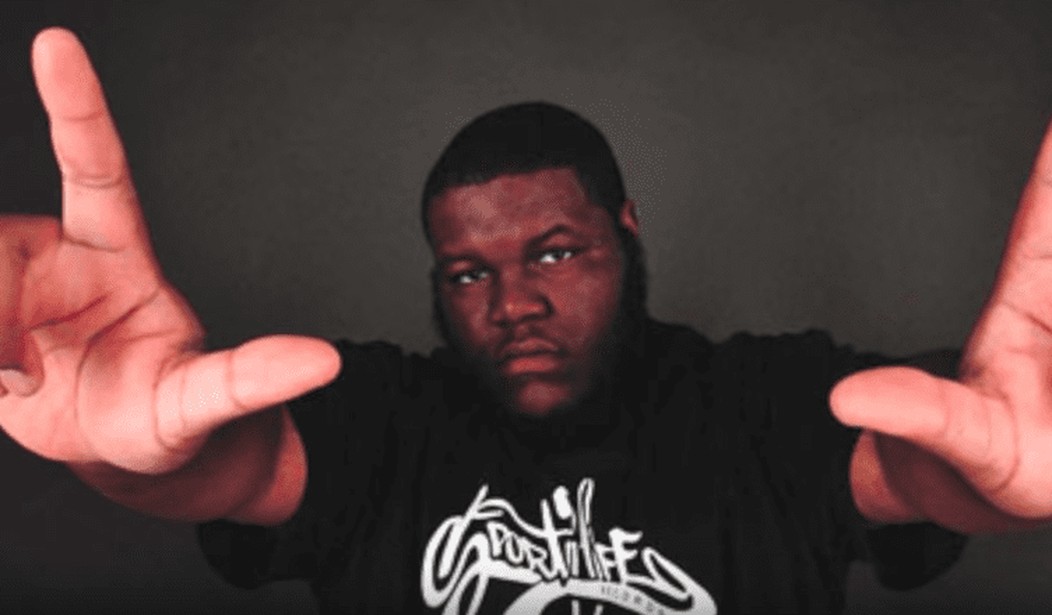Kurds overwhelmingly voted Monday for an independent state despite assertions from the United States and others that they would be harming the fight against the Islamic State by making such a move toward independence.
The U.S. said before the referendum that the Trump administration “strongly” opposed the vote, which asked Kurds one question: Do you want the Kurdistan Region of Iraq and the Kurdistani areas outside the administration of the Region to become an independent state?
More than 3.4 million Kurds cast ballots, with 91.83 percent choosing “yes.”
In response, Baghdad demanded that the Kurdish government relinquish its airports and oil revenue.
“There is no need to be angry and issue threats,” Kurdish President Masoud Barzani said in his first address since the vote. “…Instead of issuing threats and punishment, come in a friendly way to start a serious dialogue and give enough time to dialogue so that we become two good neighbors to each other. We think that dialogue in every case is the only way to reach a better future for both of us.”
“Any sanction imposed on the Kurdistani nation cannot be more effective than the Anfal, chemical attacks, mass murder, and budget cut,” he said, referring to Anfal genocide campaign waged against the Kurds by the Iraqi regime in the late 1980s, including the 1988 chemical weapons attack by Saddam Hussein’s regime that killed thousands of Kurds in Halabja.
“We know that the turnout was obviously quite high and we certainly would understand why, a lot of enthusiasm, certainly, for that,” State Department press secretary Heather Nauert told reporters Tuesday. “I think our position, the U.S. government’s position on the Kurdish referendum we’ve talked about since the very day I got here, and that was that we did not support that referendum. Despite our efforts and our ongoing conversations with both Mr. Barzani and Mr. Abadi – the secretary had spoken with them both by phone, I know, in recent days – we expressed our deep concern about that, and also our disappointment that they decided to go ahead and conduct that vote yesterday.”
“We look at that as a unilateral referendum and it was something that the coalition partners, the D-ISIS coalition – I don’t think there was a single nation that supported that,” she added.
Nauert said the U.S. “will continue to have conversations both with our friends in Baghdad as well as our friends in the north as well.”
“We have a lot of conversations, as you all know. We have a close relationship with both. The United States government and the coalition’s concern about this and the timing of this referendum was we didn’t want to splinter Iraq,” she added. “We see the primary issue as taking on ISIS, defeating ISIS, annihilating ISIS, so that they never come to try to rule over and terrorize the Iraqi people again. We’d like to keep our eye on the ball with that. That failed; that is a concern of ours and is deeply disappointing.”
House Foreign Affairs Committee Ranking Member Eliot Engel (D-N.Y.) noted that “for decades, the Kurdish people have endured campaign after campaign of atrocities, so it’s no wonder that they seek self-determination to protect themselves in the future.”
Not only have the Kurds taken in two million refugees from ISIS in Iraq and Syria, he said, but Kurdish fighters have been “critical” in bringing down ISIS. Peshmerga participated in the campaign to liberate Mosul up to the city limits, and the multiethnic, multisectarian Syrian Democratic Forces that are currently sacking Raqqa, ISIS’ declared capital, are led by Kurdish commanders.
“Now, with ISIL’s demise in sight, the Kurdish people face additional threats from Shia militias seeking to exacerbate sectarian and ethnic tensions,” Engel added. “I firmly believe in the Kurdish right to self-determination.”
International Religious Freedom Caucus Chairman Trent Franks (R-Ariz.) introduced a resolution Monday “expressing the sense of the House of Representatives that the people of the Kurdistan Region of Iraq have the right to determine their status as a sovereign country.”
“Baghdad has failed to secure Kurdish rights and effectively protect the Kurdish people from members of the Islamic State and other violent forces, and as any nation in our international community has the right to self-determination, especially if that people faces existential threats, I feel the United States is obligated to support their bid for independence – if it is in our national interest,” Franks said in a statement. “After all, when America sought its independence as a sovereign nation, we were supported by sympathetic world leaders. It is now time for the Kurdish people to receive the same blessing.”
“Thank God for the Kurds – they have delivered countless groups and individuals from the hands of ISIS,” the congressman added. “Without their armed defense of northern territory, and the protection of over 2 million refugees, the medieval horrors of ISIS could have been much more widespread.”
“If the Kurds can show through their actions that their key ally is the United States of America, and they are neither an ally with the Islamist Sunni regime in Turkey nor an ally of the Islamist Shia regime in Iran, the United States will always gladly support them.”









Join the conversation as a VIP Member